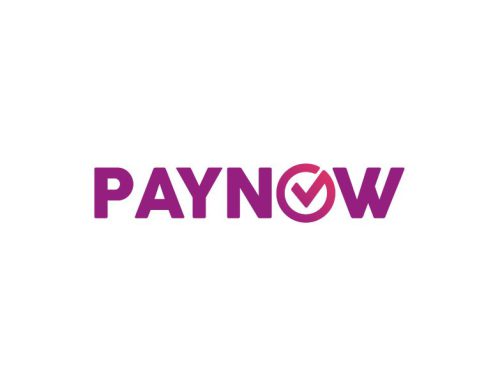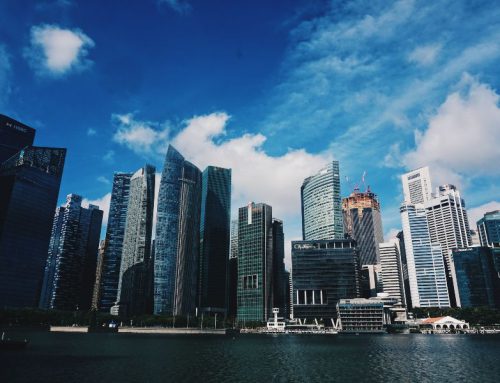When a company raises money, it may give security to the creditor. If it uses its assets as security, a charge is said to be made over the assets. The lender takes a charge over assets to secure repayment over a loan.
There are two types of charges:
- Fixed charge
A charge on fixed assets. This can be land and buildings, machinery, shares, copyrights, patents. - Floating charge
A charge on non-specific assets. This can be inventory, cash, accounts receivable.
A floating charge converts into a fixed charge when a company fails to repay the loan.
All charges created in Singapore must be registered with the registrar within 30 days of its creation. If a company does not register a charge within 30 days, the company will have to obtain a court order to extend the registration period. The court will decide on the registration period and the charge has to be registered within this period.
All charges created outside of Singapore must be registered with the registrar within 37 days of its creation. If the charge is not registered within this period of time, the company may apply to ACRA for an extension of time. ACRA will grant an extension of 30 days for the company to register the charge.
These rules apply to all Singapore-registered local and foreign companies.
The following charges must be registered:
- a charge to secure any issue of debentures
- a charge on the uncalled share capital of a company
- a charge on shares of a subsidiary of a company which are owned by the company
- a charge or an assignment created or evidenced by an instrument which, if executed by an individual, would require registration as a bill of sale
- a charge on land wherever situate or any interest therein
- a charge on book debts of the company
- a floating charge on the undertaking or property of a company
- a charge on calls made but not paid
- a charge on a ship or aircraft or any share in a ship or aircraft
- a charge on goodwill, on a patent or licence under a patent, on a trademark, or on a copyright or a licence under a copyright
Failure to register the charge is an offence and company officers may be convicted and resultingly fined up to SGD$1,000. Non-compliance may also render the charge void against the liquidator or other secured creditors of the company.
If there is a variation or satisfaction of charge, it must be lodged with ACRA as well.
If you require assistance in lodging charges and other related matters, you can contact [email protected].
When in doubt, seek legal advice or consult an experienced ACRA Filing Agent.
Yours Sincerely,
The editorial team at Singapore Secretary Services
For more useful articles and videos, visit the Singapore Secretary Services resource page.
Related articles:
Registering a Charge for Companies







Leave A Comment